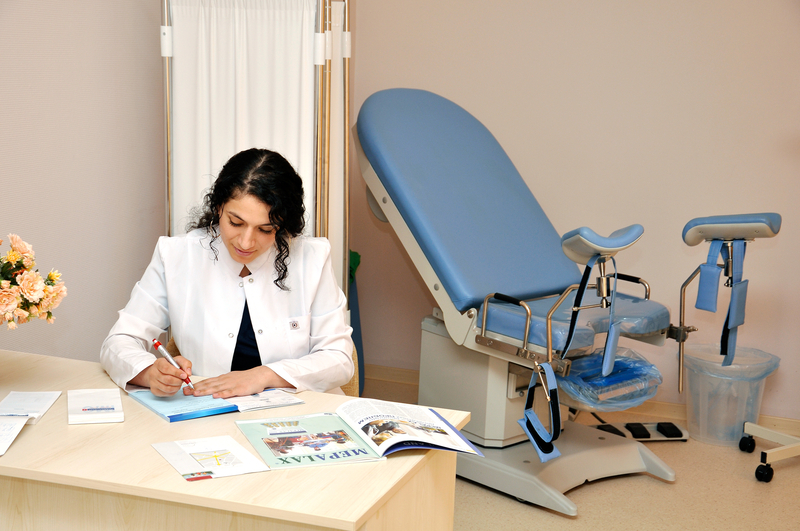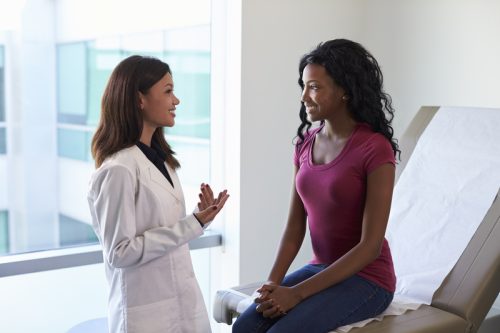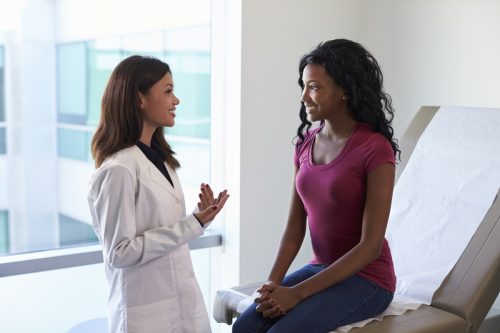When you hear someone who is dealing with a significant health issue, they’ll likely never tell you that they’re glad they put off their gynecologist exams. Instead, they’ll probably tell you they’re glad they caught something early, or that they were able to have that pap smear or breast exam or even an annual gynecological exam when they did. That’s because good health isn’t just about reacting to the latest symptoms you’re experiencing—it’s also about finding out what’s going on with your body even if everything appears to be going well.
Why are gynecologist exams important? They do more than offer one check for cervical cancer or check the health of your ovaries. They do more than just one screen for breast cancer or check for abnormalities. They monitor the progress of your whole body. What they do is give you the potential to exercise preventative care, or catch a disease early, or give you a leg up on your medical history that people in your family may have never had. They give you the potential to live your life feeling free of any issues, or, if you do have an issue, to catch it early and take a proactive approach to treating it.
Dealing with a Family History Full of Potential Issues

One of the first reasons gynecologist exams are important? Simple. You may have a family history that suggests you’re liable to run into a host of issues. Having gynecologist exams check for these issues, screen for cancers with hereditary traits, and ultimately gauge your overall health is not only going to make you healthier, but is going to give you peace of mind between visits. It’s also going to give you more confidence in your body and what’s going on underneath the surface.
There may be a wide range of issues that bring you into a gynecologist’s office. Pelvic pain. Irregularities in the menstrual cycle. HPV worries. The need for a mammogram. But a commitment to women’s health means knowing your family history for issues beyond what many associate with the gynecologist’s office. Make sure you take your full history into account when talking to your gynecologist, such as a family history of high blood pressure. Doing so will help you give an OB/GYN a full picture of your health—and your health risks.
Taking Appropriate Exams for Your Level of Sexual Activity
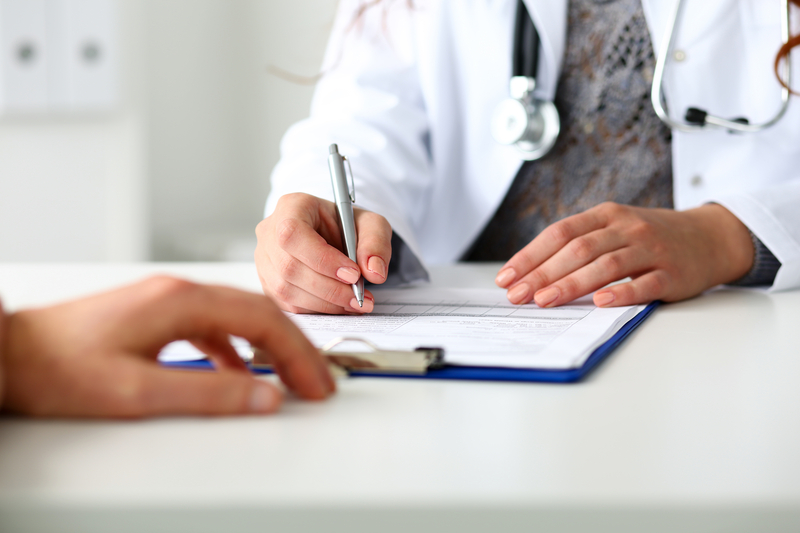
Your reproductive health could very well hinge on the actions you take with your gynecologist, especially as it relates to your levels of sexual activity. Getting tested for STIs (sexually transmitted infections) and STDs (sexually transmitted diseases), for example, will not not only give you a clear treatment plan to take care of yourself, but it also impacts the health of others in your life. Chlamydia, gonorrhea—these issues can be devastating for your life, which is why screening tests are so important. And though exams like cervical cancer screening are vital for keeping an eye on life’s various risk factors, you shouldn’t forget the critical role gynecologists can play in a wide range of issues related to your reproductive health.
Screenings for Cancer

Catching cancer early—or simply screening for cancer to give yourself peace of mind—can be the best way forward for your long-term health. For starters, many cancers are treatable if you catch them early—and the earlier you catch them, the more treatable they will likely be. Gynecological health is about more than having an OB/GYN give you a physical exam or respond to issues like vaginal discharge. It can also be about identifying the most serious risks in your life and coming up with a plan of attack if you do find yourself struggling with a serious disease.
Cervical cancer, breast cancer, ovarian cancer—these all pose risks to women. And while other issues like cysts can also be serious, early detection for cancer can quite literally be a life-saver. The best way to ensure you have maximum peace of mind is not to avoid these issues, by to tackle them head-on with an OB/GYN you can trust. Have your regular checkup, consult with your doctor, and make sure that you keep the lines of communication open.
Critical Exams for Women Getting On in Age
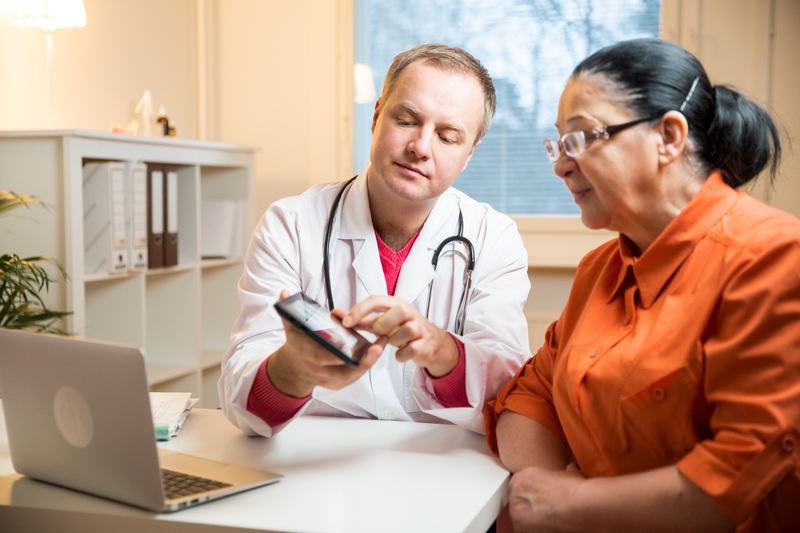
We all age—it’s a fact of life. But as you reach certain age milestones, you may be more at risk for future health problems that you need to watch out for. For example, bone density and osteoporosis issues should be at the forefront of your mind as you get older. Gynecological exams can help you identify these issues, take the appropriate treatment, and get on with your life, putting as much health and vitality into your years as possible.
There is a lot of time after menopause, after all. Your wellness—your quality of life—doesn’t need to have an expiration date on it, at least not as far as your ability to seek out the right treatment is concerned. Make sure you stay on top of your health care as you age. Continue to seek out the appropriate exams from an OB/GYN, and don’t simply respond to symptoms. Remain proactive with your health care, continue to get your regular pelvic exam, and always consult with your OB/GYN for the appropriate issues. Staying on top of these issues won’t only give you more peace of mind, but will improve your quality of life—something that pays dividends every day between your appointments.
OB/GYN exams can sometimes be intimidating, but the better you are at staying on top of them, the more you’ll see that they’re not scary—they’re good health care. The more proactive you are in seeking out a good OB/GYN and having the appropriate exams, the more your body will thank you. And that’s peace of mind that only comes when you’ve gotten a clean bill of health from a respected professional.
Schedule your next NYC gynecologist exam now!
